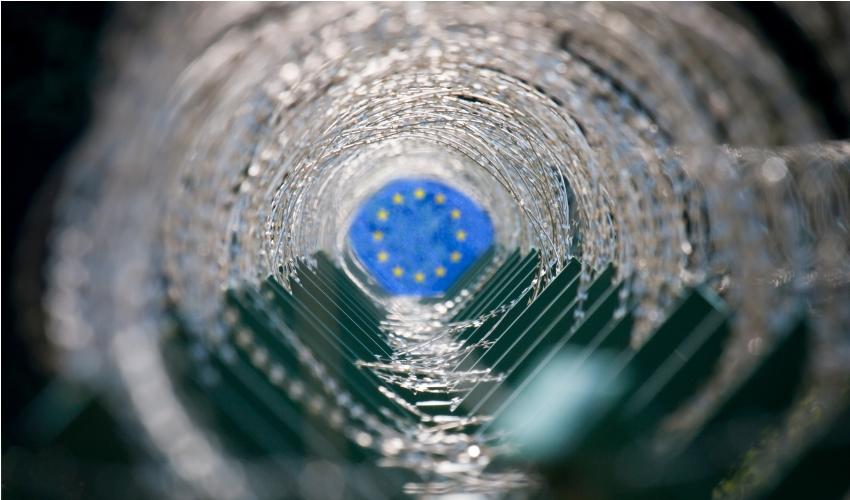
The sense of fear is not enough to explain the new populisms
WHY DO THEY EMERGE NOW, COMPARED TO PREVIOUS PERIODS OF CRISIS? THE REASONS INVESTIGATED BY A STUDY BY MASSIMO MORELLIThe exposure to globalization is a significant determinant of demand for populism. Yet fear of immigration and economic insecurity cannot fully explain the phenomenon: it is necessary to study the determinants of both the supply and the demand for populist policies. This is exactly what Massimo Morelli, Professor of Political Science at Bocconi University, Luigi Guiso, Helios Herrera and Tommaso Sonno did in the working paper Demand and Supply of Populism.
“We offer an explanation of why populism is so popular the world right now. When market crisis did occur in the 70s, governments were relatively strong. The governments crises in the 90s happened in a context of thriving markets. The novelty is that today there is a combination of market crisis and governments’ inability to guarantee security. The latter are in dire financial straits and can not counterbalance the crisis with public expenditure policies”. Economic shocks and insecurity induce people to reduce their electoral turnout. This determines the entry of new populist parties in the political arena. They portray their competitors as elitists and offer short-term protection policies. “In Northern Europe, where people fear the loss of their cultural identity, populist platforms are nationalistic, while in Southern countries they emphasize protectionist issues. In both cases, the future, uncertain costs of these policies are not considered”.
The main source of data for the study is the European Social Survey from 2002 on. “Italy is a prime example of accumulation of demand for populism’s drivers. You can see the decline of industrial production first, then the fall of electoral turnout and finally the decrease in trust in traditional political parties. When those indicators are at the minimum level, the M5S share of votes has a surge”. There is an additional effect: the entry of populist parties in the arena leads traditional parties to align themselves to short-term oriented policies.
Read other articles on the topic:
Who wins and who loses in the game, not at all new, of Globalization
The US financial bubble was also fueled by imports. A study by Julien Sauvagnat
When Chinese competition endangers health. A study by Jèrome Adda
Europe’s malaise has origins in Beijing. A study by Italo Colantone and Piero Stanig
by Claudio Todesco
